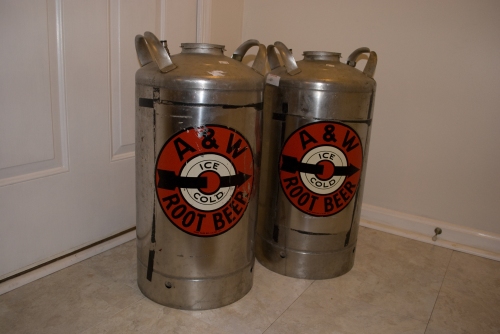scarpozzi
Member
I just ordered a filtration system to integrate into my brew process. I'm a moderate home brewer with a 2 tap kegerator (coverted chest freezer).
What I want to do is find the least wasteful method for filtering the beer. I don't own a pump and am thinking I'll need to push the fermented beer through the filter using C02. Based on that new requirement, I want my 10lb C02 tank to last just as long as it does now.
What do you guys think about doing primary in a brew bucket, secondary in a sealed "dirty keg" , then putting the gas on the secondary to push the semi or fully carbonated beer to a "clean keg" after passing through the filter. Are there any posted methods of the best way to do this without wasting anymore C02 than I have to?
I'm thinking the clean keg will have to be depressurized for the process which might cause foaming....but I'm just trying to figure out the best way to end up with a squeaky clean lager on the other end.
Thanks
What I want to do is find the least wasteful method for filtering the beer. I don't own a pump and am thinking I'll need to push the fermented beer through the filter using C02. Based on that new requirement, I want my 10lb C02 tank to last just as long as it does now.
What do you guys think about doing primary in a brew bucket, secondary in a sealed "dirty keg" , then putting the gas on the secondary to push the semi or fully carbonated beer to a "clean keg" after passing through the filter. Are there any posted methods of the best way to do this without wasting anymore C02 than I have to?
I'm thinking the clean keg will have to be depressurized for the process which might cause foaming....but I'm just trying to figure out the best way to end up with a squeaky clean lager on the other end.
Thanks


























































